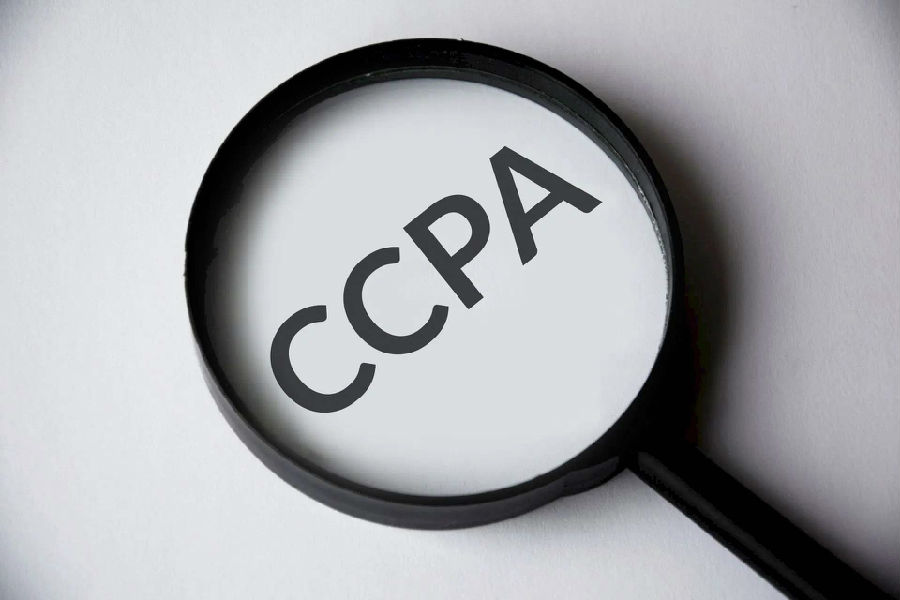America's Strongest Digital Privacy Law Takes Effect in California
America's strongest digital privacy law has taken effect in California.
The law, known as the California Consumer Privacy Act (CCPA), requires businesses to inform consumers about the ways in which they collect and share personal information.
The law gives consumers the right to request that companies not sell or share their data. It also requires businesses to destroy information already collected if the consumer asks to have it removed.
The law covers the sale of data related to almost any sharing of information that can help a business. This includes information-sharing between companies as well as the selling of data by third-party businesses.
Large online businesses, such as Facebook and Google, are affected by the law. So are major retail companies.
Walmart and Home Depot, among others, say they have added "Do Not Sell My Info" links to their websites to make it easier for consumers to exercise their rights. The businesses said they have also put the information on signs inside their stores.
Digital experts say it remains unclear how the CCPA will affect the kind of targeted advertising commonly used by companies like Facebook and Google.
Facebook collects large amounts of personal data and uses the information to direct ads at different groups of people. The data could include someone's sex, race or religion. Facebook says it does not share that kind of personal information with advertisers.
The experts say that, because the law covers any company that meets conditions for interacting with state residents, the California law might end up serving as a legal model for other states.
"If we do this right in California," said California attorney general Xavier Becerra, the state will "put the capital 'P' back into privacy for all Americans."
California's legislation is the nation's biggest effort yet aimed at fighting against so-called "surveillance capitalism." This term describes the business of profiting from data that most Americans give up — often unknowingly — in exchange for free and often ad-supported services.
In a statement about the CCPA in October, Becerra said that personal data is what is powering today's wealthy digital economy. "It's time we had control over the use of our personal data. That includes keeping it private," he said. Becerra added that he sees the law as "a historic step forward" in putting the people of California "first in the age of the internet."

Some experts have noted that some parts of the law will likely bring legal challenges. One such challenge could center on constitutional concerns related to the many different areas covered by the law. The experts say the law's many exceptions could also be problematic, as well as the fact that it only affects information collected by businesses — not the government.
Critics say the law's exceptions permit companies to keep holding personal information on consumers in some situations, even after individuals request that the data be destroyed. For example, a company can keep personal data if it decides it needs it to finish the sales process. A company could also continue to hold information in a way that the consumer would "reasonably expect" them to.
Joseph Jerome is a policy director at the privacy group Common Sense Media/Kids Action. He told The Associated Press that the law is "more of a 'right to request and hope for deletion.'"
The law offers stronger protections for children. For example, it bans the sale of data on children under 16 without permission.
Digital experts also noted that the law leaves it up to California citizens themselves to exercise their new rights. To make the law effective, consumers will need to take direct action to "opt out" of data sales or request collected information.
Margot Kaminski is a professor of law at the University of Colorado who studies legal technology issues. She told the AP that many people currently do not take the time to read existing privacy agreements because they are long and complex.
Kaminski said, "If you aren't even reading privacy agreements that you are signing, are you really going to request your data?"
I'm Bryan Lynn.













